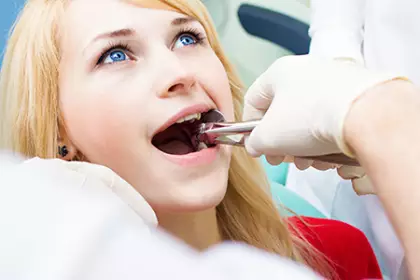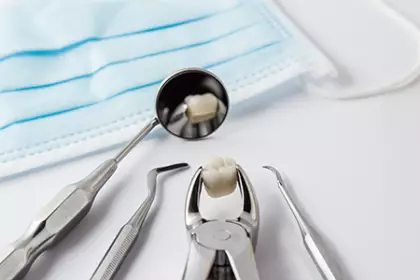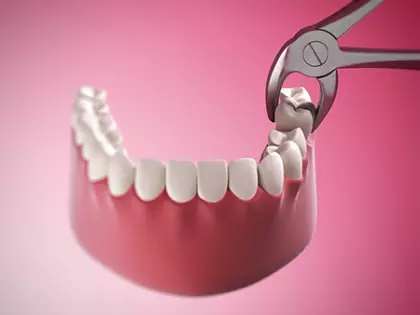How is a tooth extraction performed?
At LIV Dentistry, your care is in expert hands. Before extraction, we review your medical history and discuss any necessary precautions.
Before Your Extraction
- Medical Considerations: Inform us of any conditions or medications. Some cases may require antibiotics or medical clearance.
- Pre-Surgical Instructions: Follow all guidelines and notify us if you’re feeling unwell.
Ensuring Comfort & Care
- We prioritize patient comfort and will review pre- and post-surgical care, including tooth replacement options if needed.
Types of Extractions
- A comprehensive exam & digital X-rays determine whether a simple or surgical extraction is required.

Why choose the office of LIV Dentistry?
You deserve quality care that's personalized to meet your individual needs, and at the office of LIV Dentistry, you can rest assured your smile is in the best of hands. We deliver precise and gentle care, keeping you informed and relaxed throughout your procedure. If your tooth needs to be replaced, we'll discuss your best options, including dentures, fixed bridges, and dental implants. As the most advanced method of tooth replacement available, dental implants come the closest to replicating the look, feel, and function of a natural smile.


